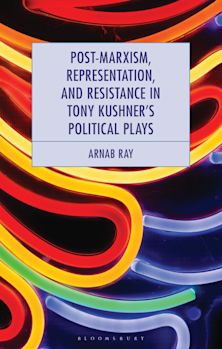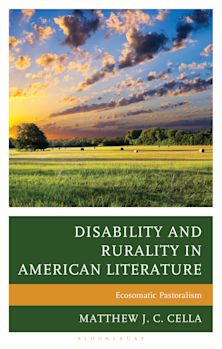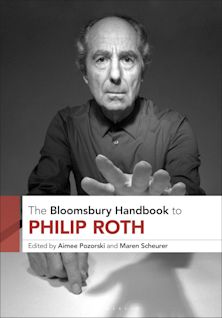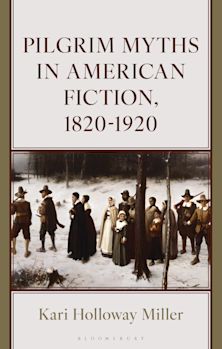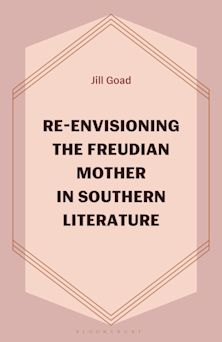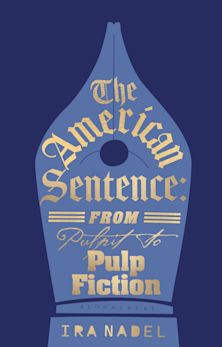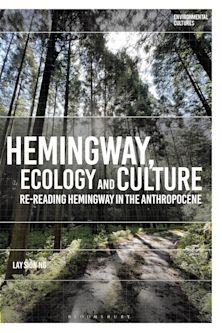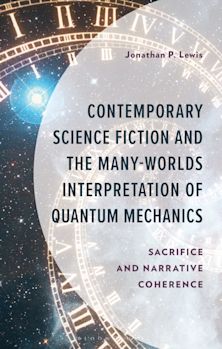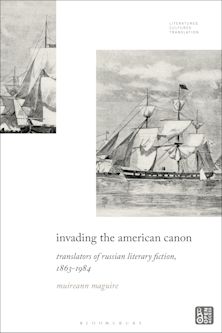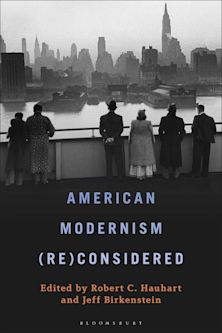Writing the Environment in Nineteenth-Century American Literature
The Ecological Awareness of Early Scribes of Nature
Writing the Environment in Nineteenth-Century American Literature
The Ecological Awareness of Early Scribes of Nature
This product is usually dispatched within 1 week
- Delivery and returns info
-
Free US delivery on orders $35 or over
Description
The nineteenth-century roots of environmental writing in American literature are often mentioned in passing and sometimes studied piece by piece. Writing the Environment in Nineteenth-Century American Literature: The Ecological Awareness of Early Scribes of Nature brings together numerous explorations of environmentally-aware writing across the genres of nineteenth-century literature. Like Lawrence Buell, the authors of this collection find Thoreau’s writing a touchstone of nineteenth-century environmental writing, particularly focusing on Thoreau’s claim that humans may function as “scribes of nature.” However, these studies of Thoreau’s antecedents, contemporaries, and successors also reveal a range of other writers in the nineteenth century whose literary treatments of nature are often more environmentally attuned than most readers have noticed.
The writers whose works are studied in this collection include canonical and forgotten writers, men and women, early nineteenth-century and late nineteenth-century authors, pioneers and conservationists. They drew attention to the conflicted relationships between humans and the American continent, as experienced by Native Americans and European Americans. Taken together, these essays offer a fresh perspective on the roots of environmental literature in nineteenth-century American nonfiction, fiction, and poetry as well as in multi-genre compositions such as the travel writings of Margaret Fuller. Bringing largely forgotten voices such as John Godman alongside canonical voices such as Nathaniel Hawthorne, Herman Melville, Walt Whitman, and Emily Dickinson, the authors whose writings are studied in this collection produced a diverse tapestry of nascent American environmental writing in the nineteenth-century. From early nineteenth-century writers such as poet Philip Freneau and novelist Charles Brockden Brown to later nineteenth-century conservationists such as John James Audubon and John Muir, Scribes of Nature shows the development of an environmental consciousness and a growing conservationist ethos in American literature.
Given their often surprisingly healthy respect for the natural environment, these nineteenth-century writers offer us much to consider in an age of environmental crisis. The complexities of the supposed nature/culture divide still work into our lives today as economic and environmental issues are often seen at loggerheads when they ought to be seen as part of the same conversation of what it means to live healthy lives, and to pass on a healthy world to those who follow us in a world where human activity is becoming increasingly threatening to the health of our planet.
Table of Contents
Acknowledgments
Introduction: Toward an Environmental Ethos
Steven Petersheim and Madison P. Jones IV
The Faces of Nature: The Sublime, the Romantic, and the Real
Navigating the Interior: Edgar Huntly and the Mapping of Early America Christopher Sloman
John D. Godman and the Creation of the Ramble Scott Honeycutt
Celebrating the ‘Great, Round, Solid Self’ of Earth in Hawthorne’s Short Fiction Steven Petersheim
Environmental and Cultural Landscapes of New England
“The Material and the Moral” in Concord
Interpreting Nature from a “Position Between”
The Intricacies of Nature: Ecological and Cultural Diversity
Learning to Woo Meaning from Apparent Chaos:The Wild Form of Summer on the Lakes Jeffrey Bilbro Selfless Lovers in Chapter Four
Milton’s Influence on Fuller’ Search for a Republican Form
A Wild Text in Defense of a Wild Place
Shadow and Liminal Space in Typee and Walden Madison P. Jones IV
Punning on Type in Typee
“I have traveled a good deal in Concord”: Walden as Travel Writing
Always Already Sexual: New Materialism in Whitman’s Leaves of GrassStephanie Peebles Tavera
External (Natural) Forces: Critical Readings of Sexual Poetics in Whitman
The Intra-active Kosmos: Disembodying the Human, Re-inscribing Nature
Consummate with Nature: Human-Nonhuman Sexual Intra-activity
The Swamps of Emily Dickinson
Cecily Parks
The Values of Nature: Caring for the Environment
An Ecological Manifest Destiny: Nature and Nation in Freneau’s Poetry Benjamin Darrell Crawford
John James Audubon: From Proto-Ecological Sensibility to Conservation Ethics Li-Ru Lu
The Roots of Audubon’s Proto-Ecological Sensibility
The Development of Audubon’s Environmental Ethics
Constructing a Conservationist Identity
Recovering John Muir’s Wild Gardens Carrie Duke
Historical and Literary Context
Guardians or Gardeners
Afterword
Christoph Irmscher
Works Cited
Contributors
Product details
| Published | Sep 17 2015 |
|---|---|
| Format | Hardback |
| Edition | 1st |
| Extent | 254 |
| ISBN | 9781498508377 |
| Imprint | Lexington Books |
| Dimensions | 9 x 6 inches |
| Series | Ecocritical Theory and Practice |
| Publisher | Bloomsbury Publishing |













